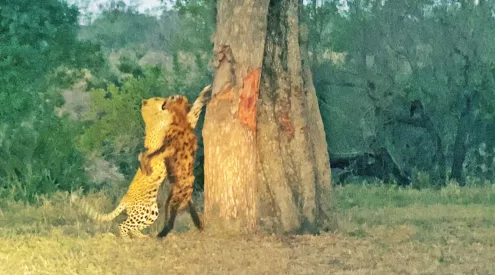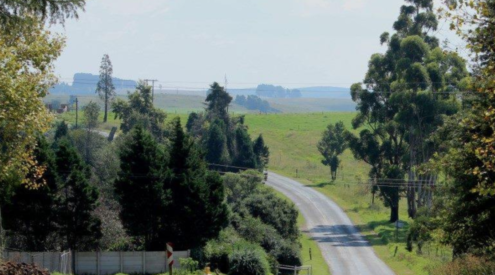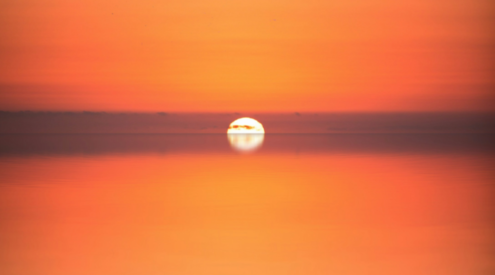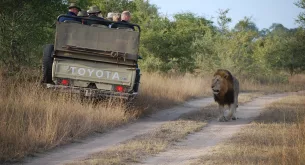During the 21 day lockdown period, shark nets along KwaZulu-Natal’s coastlines will be lifted, allowing marine animals like turtles, sharks, whales and dolphins to move freely, as the Sharks Board will not be operating.
Gill nets work by trapping animals trying to swim through them, catching them on their gills. Sharks, large fish and other aquatic animals will push their heads through the nets and get stuck. The animal eventually dies as a result.
According to KwaZulu-Natal Sharks Board, these are used in conjunction with drum lines. ‘A drumline consists of a large, anchored float (which was originally a drum) from which a single baited hook is suspended. Most beaches are protected either by two nets or by one net and four drumlines, but the quantity of gear varies from beach to beach.
‘A total of 76 drumlines were introduced at 17 beaches along the Hibiscus Coast in February 2007. The drumlines replaced almost 50% (a total of 4km) of the nets, which were in place.
‘The idea of introducing drumlines is to reduce the bycatch of harmless non-shark species such as whales, dolphins and turtles, which are accidentally caught in the nets. The capture of non-target species has been reduced by 47,5% with the installation of these drumlines.’
According to a statement made by Shark Attack, in 2017 protected animals including 18 turtles, 26 dolphins, 4 whales, 30 rays and 69 scalloped hammerhead sharks all died due to the nets.
‘This approach is unique to KwaZulu-Natal in South Africa, whereas the rest of our country have figured out alternative ways of managing “us being in the ocean with sharks” without harming them. It is their home after all,’ said the post.
The gill nets are around 214 m long and 6 m deep. They are held down by 35 kg anchors. It is a measure in place in KwaZulu-Natal, to prevent human- shark encounters and essentially shark attacks.
In the Western Cape, the Shark Spotters program is a non-lethal way of preventing shark attacks at beaches. Shark spotters sit at a viewpoint overlooking the beach and watch over the ocean for any sharks. There is someone on the ground at the beach that they are in contact with. If a shark is spotted, they inform the person at the beach who then raises a white flag and sounds an alarm. People then exit the water immediately.
Shark conservation groups are celebrating this decision.
Image: Unsplash














